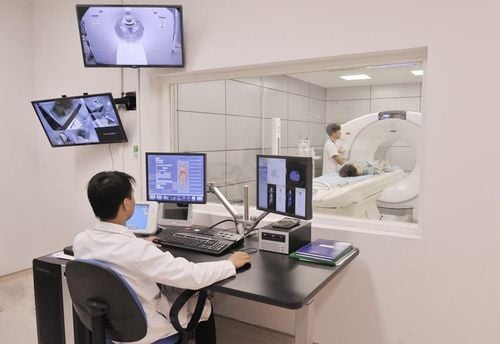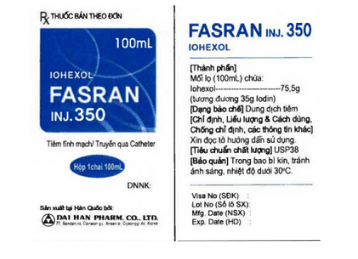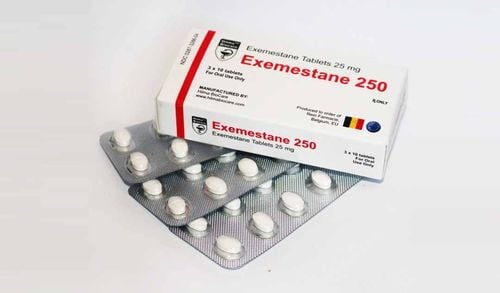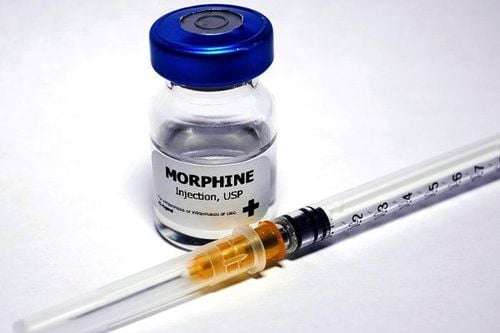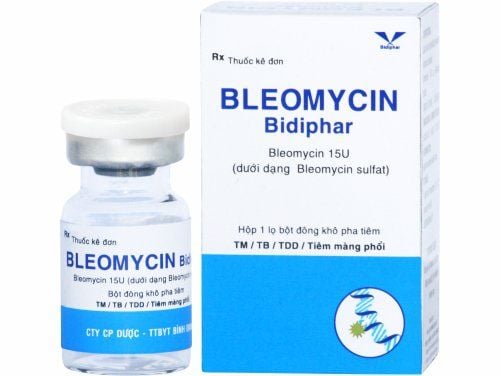This is an automatically translated article.
PET/CT scan is important in detecting and evaluating cancer growth. After cancer treatment, PET/CT is often used when there are signs of cancer recurrence and to determine the patient's response to treatment.
1. Purpose of PET/CT scan after cancer treatment
PET/CT scan after cancer treatment can check the risk of cancer recurrence. Check-ups take place every year after cancer treatment. PET/CT is indicated in case of abnormal symptoms suggesting cancer return or during routine check-ups. In addition to PET/CT scan, the doctor also combines the diagnosis with other types of laboratory tests such as blood tests, biopsies.2. When is a PET/CT scan needed?
PET/CT scans are effective when doctors suspect cancer recurrence based on symptoms, physical examination, and other tests. A PET/CT scan may also be recommended if you have been treated for advanced cancer to determine how effective cancer treatments are.3. Why should PET/CT be taken only when necessary?
PET/CT does not improve quality of life. They can cause anxiety due to misdiagnosis, misdiagnosis, unnecessary procedures, and other costs. Therefore, you should only have a PET/CT scan for a good reason.
In addition, PET/CT can cause health problems from exposure to high levels of radiation. Radiation can cause effects after multiple PET/CT scans. This can increase the risk of cancer. Therefore, you should not abuse the PET/CT scan.
Instead of PET/CT scan, you can use other methods to detect and treat cancer recurrence in time:
Increase knowledge about the telltale signs of cancer recurrence. Regular health check-ups include medical history and general health. For some cancers, there are simple tests you should have, such as mammograms, for women who have been treated for breast cancer. Ask your doctor what type of test is appropriate for your current health condition.
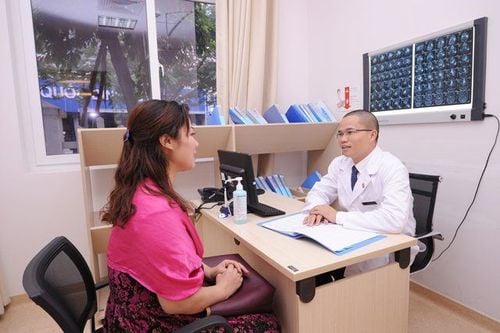
Chụp PET/CT sẽ được bác sĩ chuyên khoa chỉ định
4. Signs of Cancer Recurrence
Some of the signs that patients need to have a physical examination after cancer treatment include:
Nodules Unusual and dull pain Bleeding, easy bruising Fever, hot swelling Headache Slight shortness of breath Blood in stools or urine Vomiting, nausea, diarrhea, decreased appetite Weight loss Persistent cough Yellow skin.
5. Measures to prevent cancer recurrence
Do not smoke: Patients should avoid smoking, various nicotine preparations Weight control: Being overweight can increase the risk of recurrence of some cancers. It also increases the risk of diabetes and cardiovascular disease. Exercise regularly: Aim to exercise 2-3 hours/week, equivalent to 30 minutes/day. You should practice walking, swimming, cycling, playing tennis, other sports that the patient loves. Diversify your diet: You should eat lots of fruits, vegetables and nuts; Eat fish, poultry, and legumes as an alternative to red and processed meats. Vinmec Times City International Hospital is equipped with the US PET/CT GE Discovery MIDR system with 128-strip CT - one of the most advanced PET/CT systems in the world. The advantage of this system allows displaying images with high resolution, while significantly reducing radiation dose for patients.
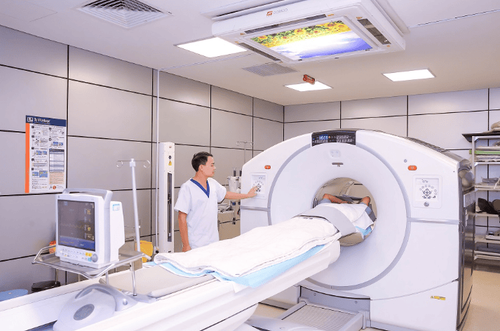
Hệ thống máy PET/CT GE Discovery MIDR tân tiến nhất thế giới tại Bệnh viện Vinmec
Since being put into use until now, Vinmec Times City International General Hospital has performed thousands of PET/CT scans to help diagnose, stage disease and monitor treatment response for almost all patients. all types of cancer such as lung, liver, stomach, breast, bone, lymph node cancer... PET/CT has become an effective and indispensable assistant, the "key to solve the problem" of daily life. cancer doctor.
Please dial HOTLINE for more information or register for an appointment HERE. Download MyVinmec app to make appointments faster and to manage your bookings easily.
References: choosingwisely.org, mnoncology.com.
MORE:
Frequently asked questions about PET/CT at Vinmec Times City PET/CT: The golden key in the fight against cancer How does PET/CT help early detection and support cancer treatment?





